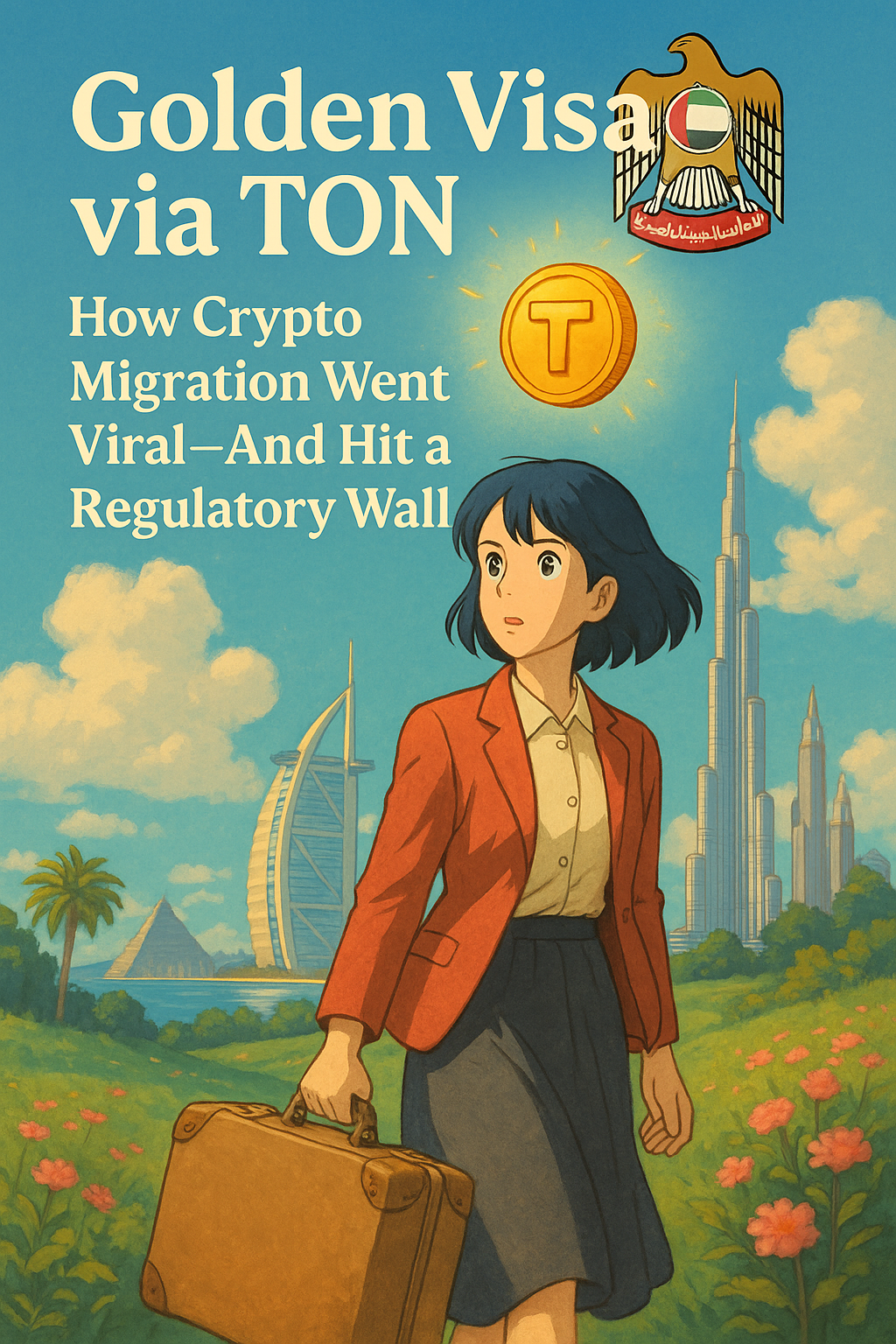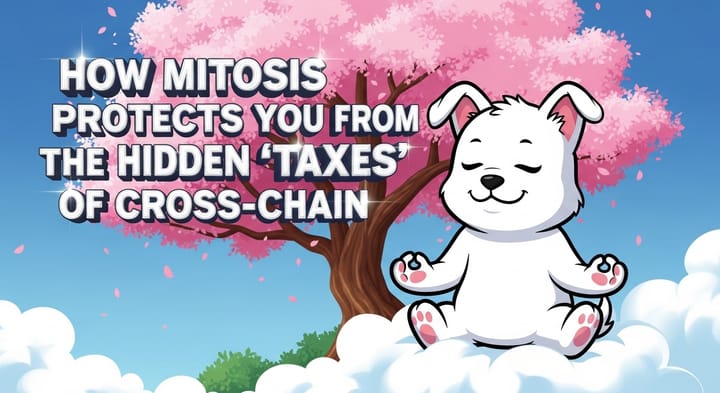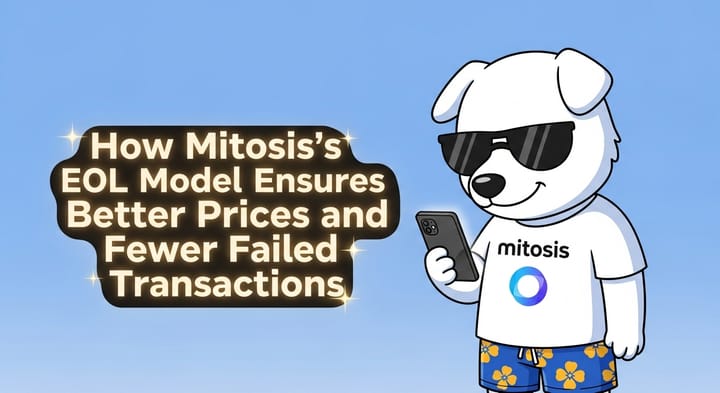Golden Visa via TON: How Crypto Migration Went Viral And Hit a Regulatory Wall

Golden Visa via TON: How Tokenized Residency Became a Legal Mirage
In mid‑2025, TON (The Open Network) launched an eyebrow‑raising offer: stake $100K in TON for 3 years, earn 3–4% APY, and score a 10‑year UAE Golden Visa for you and your family in under seven weeks. It promised to disrupt global residency and then it hit a wall: the UAE’s regulators swiftly denied any official backing.
What really happened? Let’s unpack the hype, the mechanics behind tokenized residency, and what this means for crypto nomads chasing freedom and yield.
1️⃣ Tokenized Residency: The Promise and the Model
Instead of traditional routes (often requiring $540K+ in real estate or bank deposits), TON’s “visa via staking” campaign offered:
- $100K in TON locked for 3 years via smart contract
- 3–4% staking rewards during that period
- A 10‑year renewable visa, covering spouse, kids, and parents
- Fast processing claimed visa issuance within 7 weeks
Why it appealed:
“At five times lower cost than real estate routes, crypto whales took notice.” Bobby Ong, CoinGecko
2️⃣ Legal Reality Check: UAE Says “No”
Within days, the UAE’s regulatory bodies including ICP, SCA, and VARA issued a joint statement clarifying:
- TON is not licensed for Golden Visa issuance
- Crypto holdings do not qualify for UAE residency
The TON Foundation later admitted this was run via private partners not an official government program.
Crypto insiders blasted it: “They could have used any token this wasn’t real.” Joe HedgeHog, Sigil Fund
Lesson: Viral marketing ≠ legal legitimacy.
3️⃣ What Could Tokenized Residency Mean If Legit?
If properly regulated, tokenized residency programs could revolutionize migration for Web3 citizens:
- Capital mobility: Move and earn yield, not apartments
- Simplified process: Less paperwork, more digital transparency
- Fiat-free forms of fund backing especially attractive to crypto-native nomads
But TON’s rollout fell into legally grey territory, highlighting the dangers of unverified offers.
4️⃣ UAE’s Real Web3 Playbook: Substance over Spin
Dubai and its crypto regulators are doubling down on legitimacy making the TON drama more of a PR misfire than a trend:
- VARA licensing for tokens, futures, trading firms
- DMCC Crypto Centre and Dubai Free Zone expansion
- A growing startup ecosystem around DeFi, NFTs, and tokenized assets
The takeaway: Token-based residency may emerge but only with state sponsorship, not viral invites.
Key Takeaways (Factor-by-Factor)
| 🔍 Topic | ⚠️ What You Should Know |
|---|---|
| TON staking ≠ Visa | UAE parties denied any crypto-based Golden Visa link. |
| Private offers are risky | Always verify via official government channels. |
| Official visa routes | Include ≥ AED 500K investments or AED 2M real estate. |
| Crypto ecosystem growth | UAE still growing crypto legitimacy through regulated frameworks. |
| Future of migration | Tokenized residency may be real—when legalized. |
“It sounded like a residency hack. But credibility doesn’t come from staking it comes from legislation.”
“Crypto staking for residency wasn’t illegal it was unlicensed.”
“Dubai is moving strategy forward not shortcuts.”
Conclusion
The TON “Golden Visa” campaign was a viral sensation that forgot one thing: UAE citizenship demands legal clarity not hype. While the vision of tokenized residency remains compelling, it must be built in partnership with regulators and anchored to real policy.
If you’re a Web3 nomad exploring relocation options: verify every offer, avoid DIY hacks, and remember virtual capital shouldn’t bypass real-world systems. The future of global mobility may be digital but it needs trusted rails to succeed.
INTERNAL LINKS
Golden Visa via TON
UAE’s Real Web3 Strategy
The TON Controversy: Between Hype and Regulatory Reality
What the UAE Golden Visa Really Entails
Clear Investment Pathways
Comprehensive Benefits



Comments ()